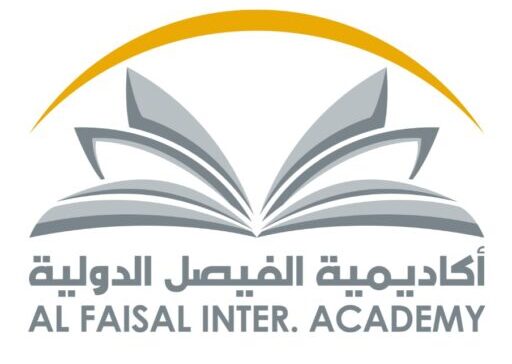AFIA Guiding Principles
Our Vision
Leading in education, with an Islamic identity, according to locally and internationally approved standards
Our Mission
Our mission is to prepare all students to become motivated lifelong learners, productive members of society and global citizens ready to meet the challenges of the future.
|
AL Faisal Values
|
|
|
Authenticity: Being true to your own personality, values, and spirit! Loyalty: Loyalty towards our school, country and leaders are the key ingredients to success! Fairness: Fair and equitable education ensuring lifelong opportunities to succeed! Accountability: Disposition to take responsibility for one’s actions! Integrity: Academic integrity enabling honesty and showing a consistent and uncompromising adherence to strong moral and ethical principles and values! Sustainability: Proactive approach to seeking knowledge, skills, values, and attitudes to address global challenges! Accomplishment: Consistent approach to achieve potential! Leadership: To develop universal leadership skills enabling high expectations from self and others! |
|
|
|
|
|
Our Objectives |
|
|
Offer a modern, broad, balanced, coherent, and integrated curriculum that will prepare students for each stage of their education. Provide a safe, stimulating, and friendly learning environment. Prepare a generation capable of educating oneself in all stages of life. Empower students to become creative, flexible, and productive in Qatari Community and in the world. Give all students the right to get equal opportunities in education as all students can learn but not at the same time or in the same way. Develop each student’s oral and written fluency in English and Arabic. Achieve appropriate and acceptable behaviour and moral standards based on Islamic religious ethics, through self-discipline and sense of mutual respect and responsibility. Encourage student leadership to involve students in the decision-making processes of the school to prepare them in becoming productive citizens. |
|
|
Our School Wide Learning Outcomes |
||
|
Who are AFIA Learners? |
AFIA learners will be able to: |
|
|
1. Academic Excellence |
1.1 Motivated Scholars |
|
|
1.2 Investigative Thinkers |
|
|
|
1.3 Artistic Individuals |
|
|
|
2.Critical Thinking, leadership and Problem-Solving |
2.1 Critical Thinkers |
|
|
2.2 Innovative Problem Solvers |
|
|
|
2.3 Ethical Leaders |
|
|
|
3.Communication and Collaboration |
3.1 Effective Collaborators |
|
|
3.2 Confident Communicators |
|
|
|
3.2 Emotionally Intelligent Individuals |
|
|
|
4.Personal Growth, Ethics and Lifelong Learning |
4.1 Lifelong independent Learners
|
|
|
4.2 Empathetic Individuals |
|
|
|
5.Global Citizenship and Cultural Awareness |
5.1 Global Citizens |
|
|
5.2 Diversity Champion |
|
|
|
5.3 Knowledgeable Islamic Scholars |
|
|
